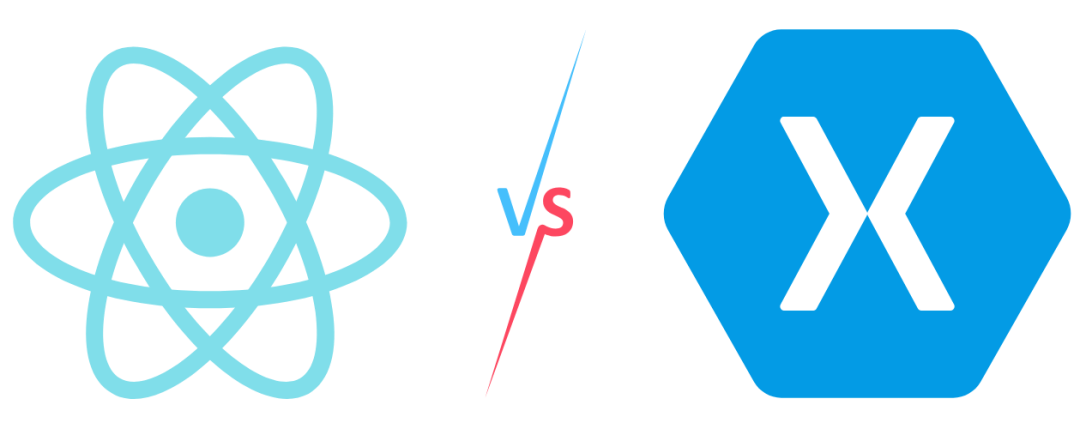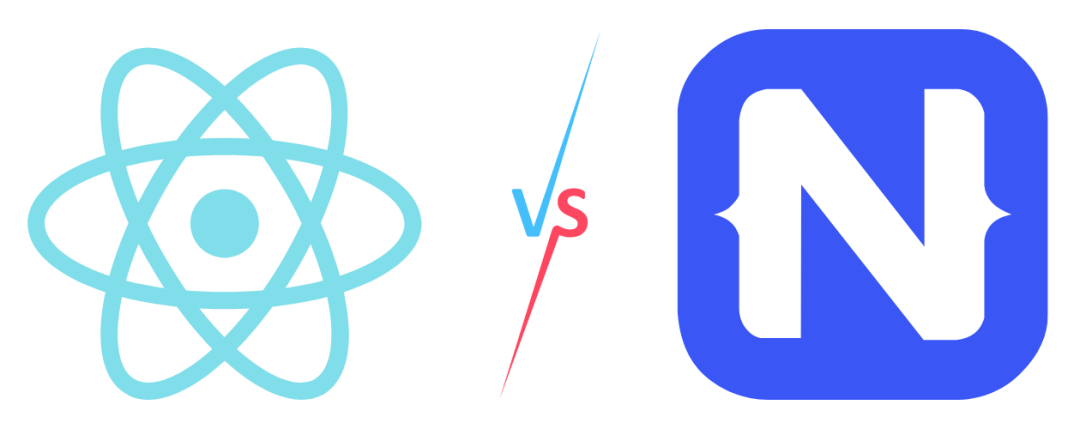What is react native?
React Native is a popular open-source mobile application development framework that was originally created by Facebook. It allows developers to build native mobile applications using JavaScript and the popular React library.
One of the main advantages of using React Native is that it allows developers to build applications for multiple platforms with a single codebase. This means that you can use the same codebase to create both iOS and Android versions of your app, saving you time and resources.
You can see here some of the projects we have built using React Native from DigizoneLabs.

Another benefit of React Native for mobile app software development is that it utilises the same design principles as React, making it easy for developers who are already familiar with the React library to pick up. In addition, it offers a large community of developers and a robust ecosystem of tools and libraries that can help you quickly build and deploy your mobile app.
One of the key features of React Native is its ability to perform updates in real-time. This means that developers can make changes to the codebase and see the results almost instantly, without having to manually rebuild and redeploy the app.
Overall, React Native is a powerful and efficient framework for building native mobile applications. Its ability to build for multiple platforms with a single codebase, along with its familiarity for developers who already know React, make it an attractive option for many companies looking to create mobile applications.
TOP 4 REASONS TO USE REACT NATIVE
There are several reasons why you might choose to use React Native for mobile app development:
Cross-platform compatibility:
React Native allows you to build mobile apps that work on both iOS and Android platforms using a single codebase, which can save you a significant amount of time and effort.
Performance:
React Native apps are built using native components, which means they have the same performance as apps built using the native language (Java or Swift for Android and iOS, respectively).
Community support:
React Native has a large and active community, which means there are many resources available (such as libraries, plugins, and integrations) that can make it easier to build and maintain your app.
Developer experience:
React Native uses a familiar syntax (JavaScript) and includes a powerful developer experience with features such as live reloading, which allows you to see code changes in real-time as you build your app.

COMPARING REACT NATIVE TO OTHER PROGRAMMING LANGUAGES
React Native is a framework for building native mobile applications, rather than a programming language. It is based on the JavaScript library React and allows developers to build native mobile apps for iOS and Android using JavaScript and React.
React Native is often compared to other frameworks for building mobile apps, such as Flutter, Xamarin, and NativeScript. Here are some key differences between React Native and these other frameworks:

React Native vs Flutter
React Native and Flutter are both cross-platform mobile development frameworks, meaning they allow developers to build apps for multiple platforms with a single codebase. However, there are some key differences between the two. React Native is based on the popular JavaScript library React, while Flutter uses the Dart programming language. This means that React Native may be more familiar to developers who already know JavaScript, while Flutter may be a better fit for those who are more comfortable with Dart. Flutter also has a fast development cycle and produces visually attractive apps, but it may have a smaller community and ecosystem compared to React Native

React Native vs Xamarin
Like React Native, Xamarin is a cross-platform mobile development platform that allows developers to build native apps for multiple platforms. However, Xamarin uses C# as its primary programming language, which may be a barrier for developers who are not familiar with it. In addition, Xamarin requires a separate codebase for each platform, which can be more time-consuming compared to using a framework like React Native that allows for code reuse.

React Native vs NativeScript
Both React Native and NativeScript allow developers to build native mobile apps using web technologies, such as JavaScript, Angular, or Vue.js. However, React Native is based on the React library, which may be more familiar to some developers, and it has a larger community and ecosystem compared to NativeScript.
SUMMING UP
The choice of mobile development framework will depend on the specific needs and preferences of a project. React Native is a popular choice due to its ability to build for multiple platforms with a single codebase, its familiarity for developers who already know React, and its large community and ecosystem.
As we have seen, one of the main benefits of React Native is that it allows developers to build applications for multiple platforms with a single codebase. This can save a significant amount of time and resources, as it means that you only have to write the code once instead of maintaining separate codebases for each platform.
In addition, React Native is based on the popular React library, which makes it easy for developers who are already familiar with React to pick up. This can be especially useful for teams that already have experience with React and want to use their existing knowledge to build mobile apps.
React Native also has a large and active community of developers, as well as a robust ecosystem of tools and libraries that can help you quickly build and deploy your mobile app. This can make it easier to find support, resources, and inspiration when working on a project.
Finally, React Native offers a fast development cycle and the ability to perform updates in real-time, which can help teams iterate quickly and get their app to market faster.
Overall, React Native is a powerful and efficient framework for building native mobile applications, and its combination of cross-platform compatibility, familiarity for developers who already know React, and a large community and ecosystem make it an attractive option for many companies looking to create mobile apps.





